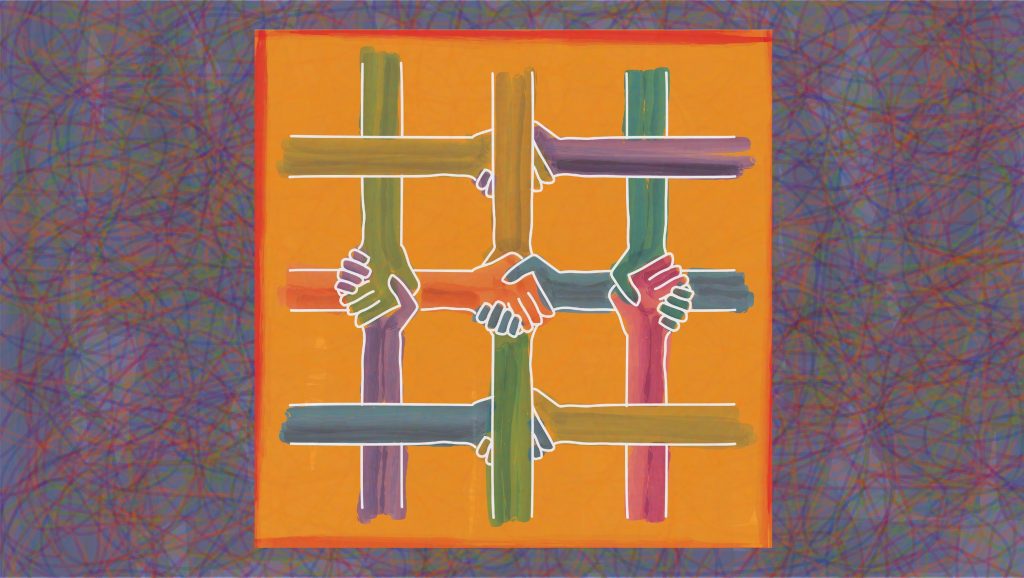
Even before the United States Surgeon General Dr. Vivek Murthy called attention to our public health crisis of loneliness, New York Times columnist and author David Brooks noticed that certain people create a sense of belonging and cohesion among community members, while building positive and supportive momentum for others to thrive and achieve common objectives. He called such people community weavers – leaders who quietly, but steadily, mend and stitch our frayed social fabric. Brooks inspired the 2018 launch of the organization, Weave: The Social Fabric Project, as an Aspen Institute initiative, to promote social connection and community building.
In Brooks’ new book, “How to Know a Person” (2023), he suggest that weavers, or “illuminators,” need their own emotional support, skill development and community. He explains about weavers: “They were deeply satisfied by having the chance to help others, but they often noted that no one was actually there to serve them, to minister to them in their weak and exhausted moments. The person who seems strongest in any family or organization can also feel alone.” This can apply to spiritual directors, too.
In September 2023, Loyola Spirituality Center stepped up to offer a hosting space and partnership to Weave’s local chapter, Twin Cities Weave. Twin Cities Weave is a group of people who realize social weaving is not just an approach, but an important life skill. The local chapter meets on a monthly basis (the last Tuesday of each month) to explore the art of social weaving, build our skill level, and inspire one another to work for stronger communities.
In partnership, Loyola hopes to promote social weaving as a critical role that grounds personal and collective learning, healing and growth. In this time of division and disconnection, we collaboratively hope Twin Cities Weave will expand the movement of weaving: to create a spirit of belonging, build best practices to deepen human connection, and learn together how to lift up this role as essential for our moral and human development. And weaving is good for our health, as Marta Zaraska highlights in her book, “Growing Young”: “Studies show that building a strong network of family and friends lowers mortality risk by about 45%.”
In addition to the local Twin Cities Weave group, which is open and available to our team and directees, we invite members of our community to access the national online Weave organization for free learning modules, workshops and support groups – Weave: The Social Fabric Project.